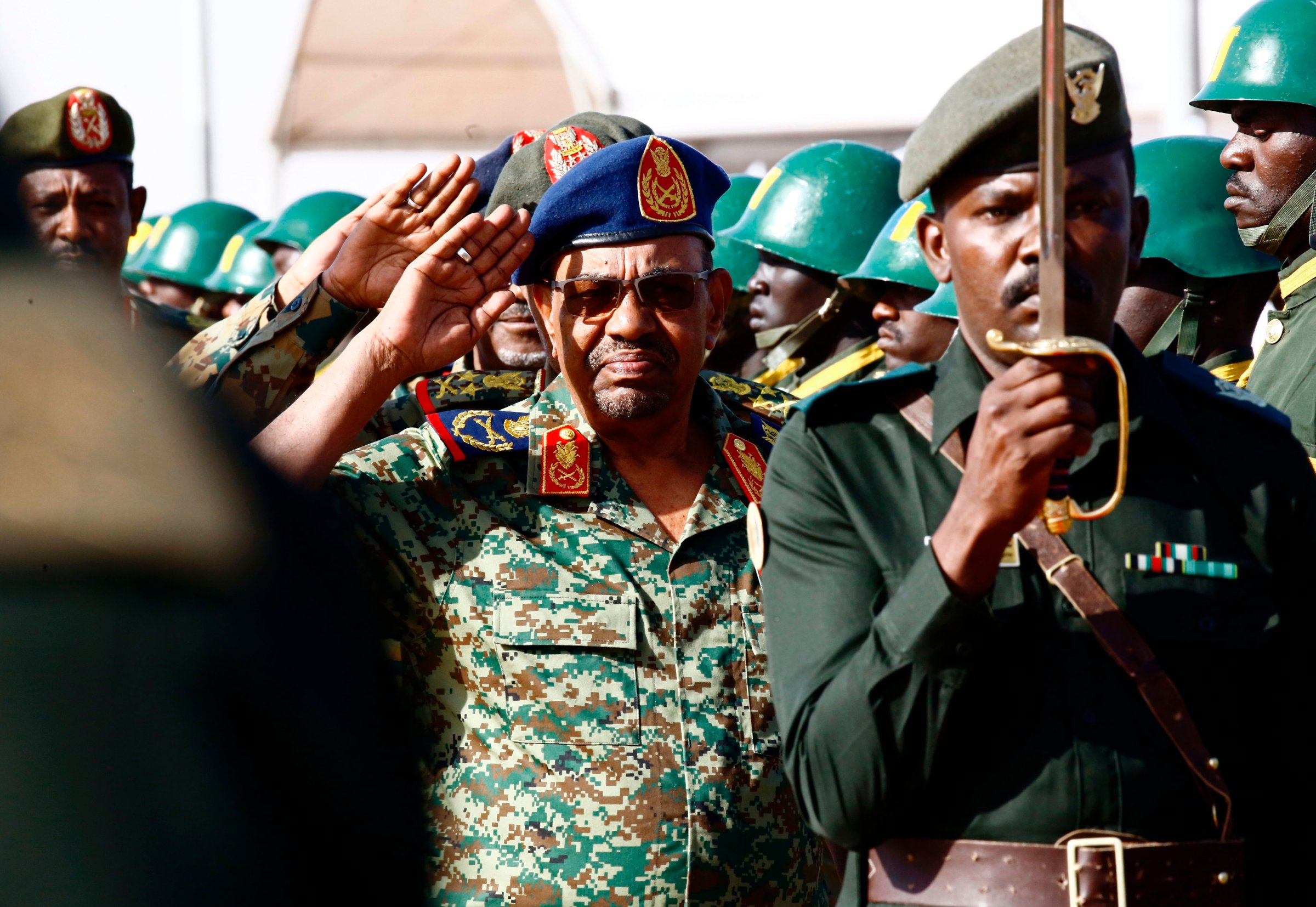
Two of the three countries on the United States government’s list of state sponsors of terrorism — Iran and Syria — have been the subject of intense scrutiny since the early days of the Donald Trump Administration. All three state sponsors have long and complicated histories of engagement with extremist groups, and they all are autocratic regimes that violently repress independent voices and persecute religious minorities. Nonetheless, the third country on the list, Sudan, has been much less of a priority.
Yet the need to make a policy decision regarding that forgotten third country looms for the Administration this summer. A last-minute Obama Administration decision temporarily lifted a 20-year-old comprehensive economic sanctions program imposed on Sudan, in response to the nation’s perceived progress on five policy tracks of concern to the U.S. Then, a January Obama Administration executive order put in motion a process for deciding whether to terminate U.S. sanctions altogether in six months. Therefore, in July, if the order is not modified, President Trump will decide whether or not to permanently lift those sanctions.
Unfortunately, this binary choice between reinstating the deeply flawed, outdated — though not completely ineffective — sanctions regime or completely removing most U.S. economic sanctions does not address core U.S. foreign policy objectives.
The comprehensive sanctions in place now come from a previous era and were never robustly implemented and updated. They nevertheless affected the regime’s ability to connect to the international financial system — especially in recent years, as enforcement triggered by a different sanctions program (Iran’s) caused global banks to review both their systems and the due diligence of their regional and local banking partners. When banks thus started to work harder to cut their remaining ties to Sudan, the Khartoum government felt the pain. It began to fiercely lobby the Obama Administration for sanctions relief.
The decision on whether to lift or keep sanctions hinges on improvements on five tracks, including: maintaining a cessation of hostilities in conflict areas in Sudan; improving humanitarian access throughout Sudan; cooperation in addressing regional conflicts (including those in South Sudan and with the Lord’s Resistance Army); and cooperating with the United States to counter terrorism.
But these tracks fail to address the perverse incentives of the Sudanese regime. This regime wages war on restive regions. It suppresses independent voices and persecutes religious minorities. It blocks humanitarian aid to areas in need. It warps the domestic economy to enrich and empower itself. And it undermines the integrity of the international financial system by laundering the proceeds of grand corruption through banks.
This path forward may serve the short-term interests of immediate intelligence and counterterrorism cooperation among Sudan, the U.S. and Saudi Arabia (to whom Sudan has recently provided troops in the Saudi war in Yemen). But maintaining a narrow focus on limited tracks of engagement with Sudan and removing a central point of U.S. financial leverage undermines broader U.S. foreign policy interests. And since the policies of this government generate large numbers of refugees through Libya and across the Mediterranean, this also would not serve the interests of Europe, which has embarked on its own ill-advised program of supporting formerly genocidal Sudanese militias to block African migratory routes to its southern shores.
Addressing the core elements of Khartoum’s governance model — exclusion, corruption and opacity — is required to change its violent behavior. Therefore, the Trump Administration should create a new track separate from the existing five ones, focused on promoting fundamental human rights and religious freedom, countering grand corruption and achieving peace. Such an independent Human Rights and Peace track could be tied to a new set of smart, modernized network sanctions (i.e., asset freezes targeting a network of individuals and entities, rather than a single person) that spare the Sudanese public and target those who commit atrocities, including air strikes on villages, attacks on churches, obstruction of humanitarian aid, the jailing and torturing of journalists and the undermining of peace efforts.
U.S. policymakers and international partners should deploy state-of-the-art financial pressures that target key elements of the regime, as well as the corporate and banking networks that underpin it. Congress, which has a long bipartisan history regarding Sudan policy, should adopt legislation that would tie a unique suite of modernized financial pressures to a new Human Rights and Peace track. These new pressures could include very specific but robust targeted network sanctions based on the best financial intelligence available (which our financial forensic investigative initiative, The Sentry, is helping to provide). They could also involve anti–money laundering measures designed to both achieve U.S. foreign policy objectives and more effectively protect the integrity of the U.S. financial system. At the same time, the U.S. could consider including the status of Sudan as a State Sponsor of Terrorism as part of the Human Rights and Peace track, providing a major incentive for fundamental government reform.
Creating a new Human Rights and Peace track, backed by Congressional legislation, would go a long way to both addressing those core U.S. interests. It would also support a firmer path to peace, religious freedom and good governance for Sudan’s long-suffering people.
More Must-Reads From TIME
- The 100 Most Influential People of 2024
- Coco Gauff Is Playing for Herself Now
- Scenes From Pro-Palestinian Encampments Across U.S. Universities
- 6 Compliments That Land Every Time
- If You're Dating Right Now , You're Brave: Column
- The AI That Could Heal a Divided Internet
- Fallout Is a Brilliant Model for the Future of Video Game Adaptations
- Want Weekly Recs on What to Watch, Read, and More? Sign Up for Worth Your Time
Contact us at letters@time.com